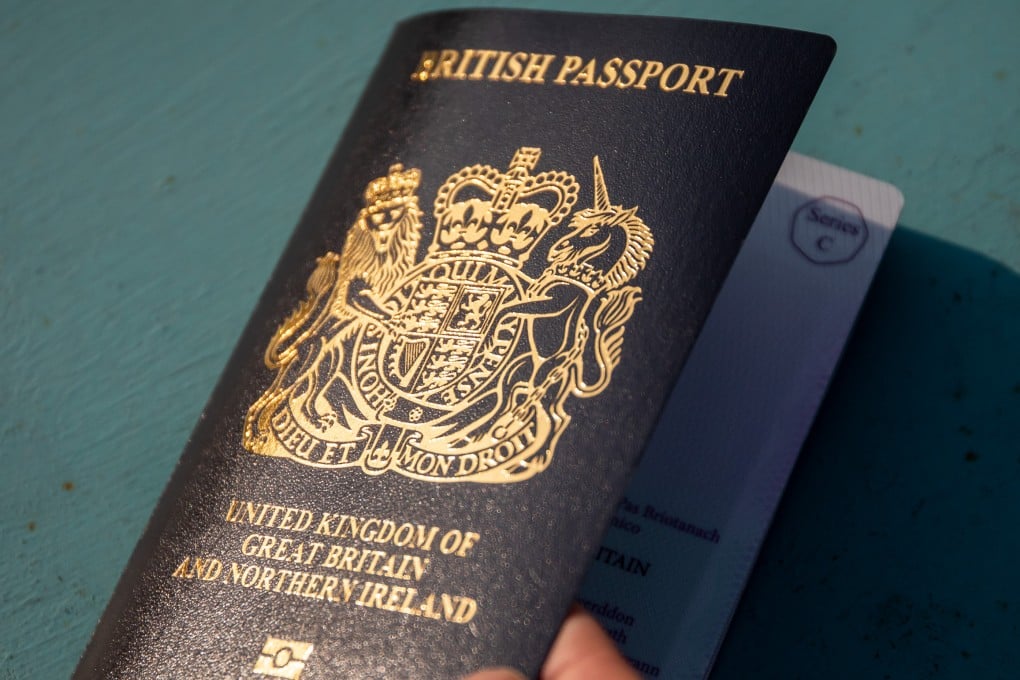My Take | New British immigration bill has BN(O)ers running scared
- Only time will tell whether proposed immigration changes will affect Hongkongers who have moved to the country under the scheme

Many BN(O)ers are only now reading the fine print of the migrant scheme under which they and for many, their families have moved to Britain from Hong Kong.
Like many other European countries, immigration has become a politically explosive issue.
The crisis in the UK has thrown the Tory government of Rishi Sunak into complete disarray. His immigration minister has resigned over a controversial new immigration bill.
Between now and the next general election, it’s more than likely that rules for admitting migrants, both legal and illegal, will be toughened. How any such changes will affect BN(O)ers is still unclear. Many now realise, though, that settlement in the UK after living there for five years is not automatic, but subject to screening. Still, they entertain the belief that the UK government will stand by them and shield them from any untoward changes in rules for eventual or final settlement. Time will tell if their faith in their former colonial master is not misplaced. It’s worth noting that BN(O) passports are not recognised as valid travel documents by the Hong Kong and central governments.
The bill tabled by Sunak is much tougher than many anticipated, mostly because he needed to placate the far-right anti-immigrant segment of his party. The basic problem is that far too many migrants have arrived in the UK. Last year, it was 745,000 when the Tories had promised just 250,000 per year. Brexit, the Ukraine war, and the BN(O) scheme were all unwitting major contributors to the huge rise.
A proposed emergency legislation about sending illegal migrants to Rwanda – and whether or not it contravenes international and human rights laws – need not concern us, yet.

